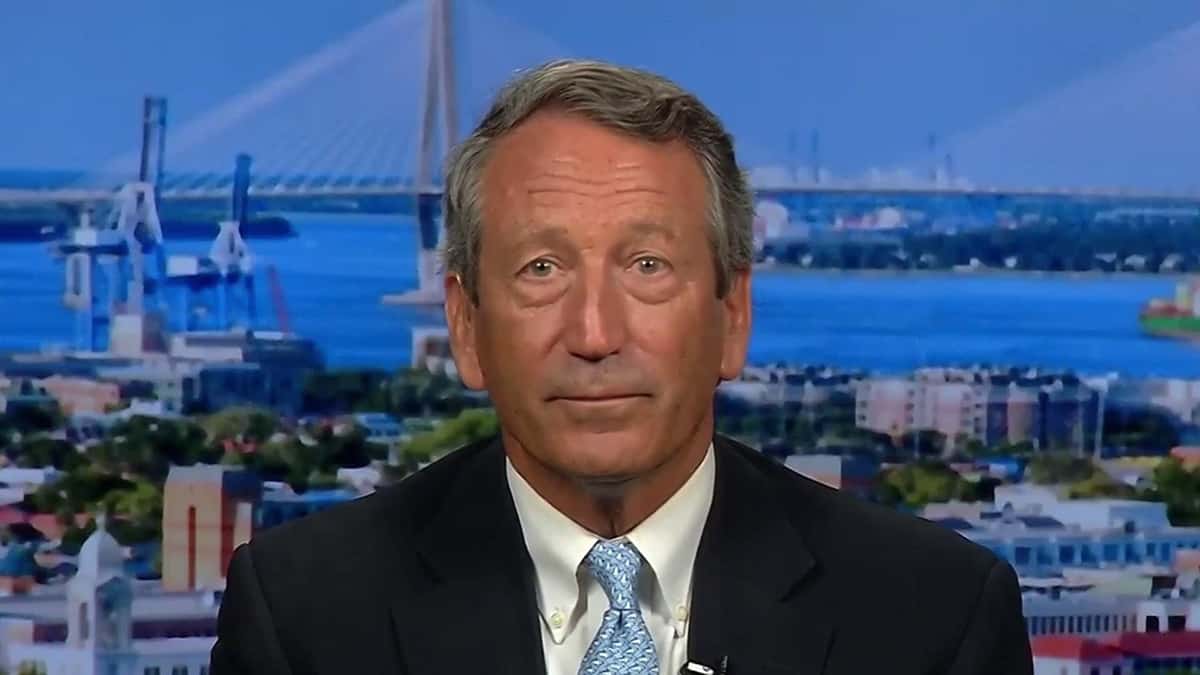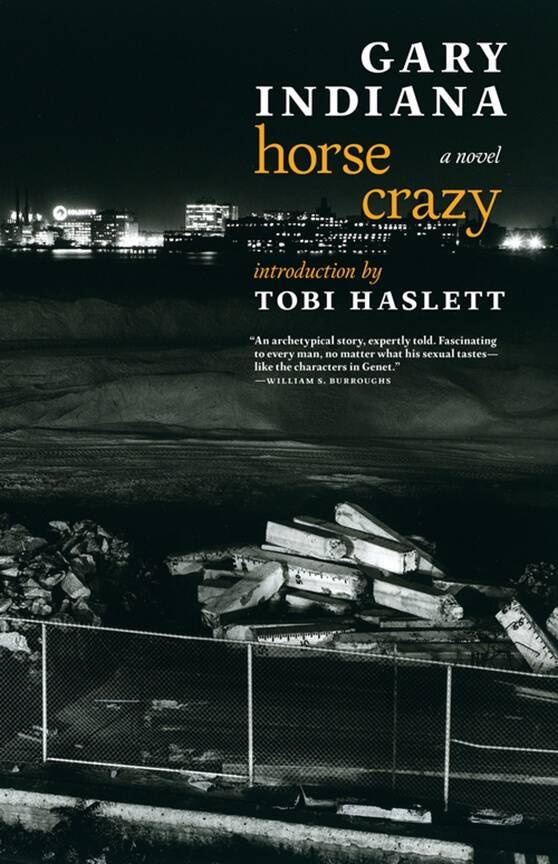I have a friend who watches MSNBC regularly. The other night, a vaguely familiar face filled the screen – someone who was not the usual liberal face.
It was a politician from South Carolina known for something that remains forever etched in my mind. If not for that something, I wouldn’t have remembered him.
He started a real estate leasing company after getting an MBA in 1988, made some money and at the age of 35 was elected to Congress.
At 43, he ran for governor and won.
He married an heiress, Georgetown graduate and Lazard Frères banker who helped launch his political career with money and smarts. They had four children together. Jenny Sanford was the first lady of South Carolina when one day her husband, governor Mark Sanford, went missing in action. After beat reporters inquired as to his whereabouts, his office issued a statement saying he had been hiking in the Adirondacks.
In fact, he had flown to Buenos Aires to be with a girlfriend.
That ended his marriage, but not his political career.
He returned to Congress in 2013, and served until the 2018 midterms, when his campaign was foiled by a Trump tweet supporting his opponent.
He’s now back in the public eye with a message.
His message is that unless somebody does a major intervention, debt will doom us all.
He was clear that neither party, including Republican Trump, has any thought as to cutting government spending in order to solve this coming disaster.
The next day, Trump supporter and longtime Republican propagandist Rush Limbaugh, defended the president: “Nobody is a fiscal conservative anymore. All this talk about concern for the deficit and the budget has been bogus for as long as it’s been around.”
So what to think? Is the man onto something or is this simply another hike in the Adirondacks?
Until the Civil War, the US was often in surplus. World War I saw heightened government spending, and debt, but led to a decade of prosperity. Then came the Great Depression. Most people believe that what got us out of the Depression was the next war. Many of those who say that are simply not wanting to credit FDR with good ideas, but the fact is that he was able to get as much money as he wanted to fight the war from both Republicans and Democrats, and that indeed did give everybody jobs.
The big fear during the war was that as soon as it ended we’d be back in Depression. But a combination of government welfare-type programs for returning soldiers, plus a continuation of military spending on the new Cold War helped keep the economy booming.
Ronald Reagan got us out of a bad economy by cutting taxes and boosting spending, something that one-time rival George Bush called voodoo economics. Bush himself got upended by raising taxes, although Clinton did a little raise and the economy boomed. He spent the rest of the 1990s doing the Republican thing by paring deficit spending, which ended up in the dot com crash, which another Bush rescued us from by cutting taxes and increasing the deficit.
Since 9/11, which precipitated a few more wars, debt has gone from about $6 trillion to about $22 trillion. In other words, in less than twenty years we have borrowed more than twice as much as in the previous 225 years. And except for one hiccup in 2008, the economy has continued to grow, with more people working and hardly any inflation.
The famous British economist John Maynard Keynes helped get the world off the notion that wealth could only be reliably stored in gold. He showed that the finite supply of gold prevented the natural growth of the world economy, in which capital is the blood supply.
Finally, almost a hundred years after Keynes, reputable economists are starting to make a mainstream case which could eliminate debt as a constraint to growth.
It has always been difficult for the average person to believe that what is good for a family is not necessarily good for a sovereign country. Too much debt keeps people poor.
Even the then-radical Keynes said that while countries should print gobs of money to cure an ailing economy, in good times taxes can be raised to pay back the treasury.
But now we have politicians like Bernie Sanders and Alexandria Ocasio-Cortez maintaining that government can definitely provide universal health care, education and a Green New Deal without going broke, and Sanford on the other side sensationally raising the specter of an economic disaster unless government quickly cuts back all spending, including Social Security and Medicare.
Modern Monetary Theory
Modern Monetary Theory (MMT) has been gaining momentum as a new idea that could explain the massive increase of debt and economic growth without the expected increase in inflation, as would be expected in orthodox theory.
This theory could open the way to government spending without guilt. The Democrat plans to clean the environment and care for its population would work regardless of cost because, first of all, we print our own money, and second, since the money would be spent on unfunded but needed things, additional deficits would have no impact on inflation, or the price of money.
Mark Sanford calls Democratic proposals political ploys to win elections. Yes, who wouldn’t want to have their college debt paid off or be able to get sick without going broke.
But MMT takes the politics out of the argument, basically saying that the wealthy can keep their wealth despite the less wealthy living more securely.
While it would be something if Ocasio-Cortez and Rush Limbaugh would form some sort of alliance in the achievement of these ends, I’m not holding my breath.
I’m just pointing it out.
Author
-
Founder and editor of the Red Hook Star-Revue. George is also a musician and one-time progressive rock disk jockey, in York, Pennsylvania, also birthplace of Mrs. Don Imus.
View all posts
Founder and editor of the Red Hook Star-Revue. George is also a musician and one-time progressive rock disk jockey, in York, Pennsylvania, also birthplace of Mrs. Don Imus.










